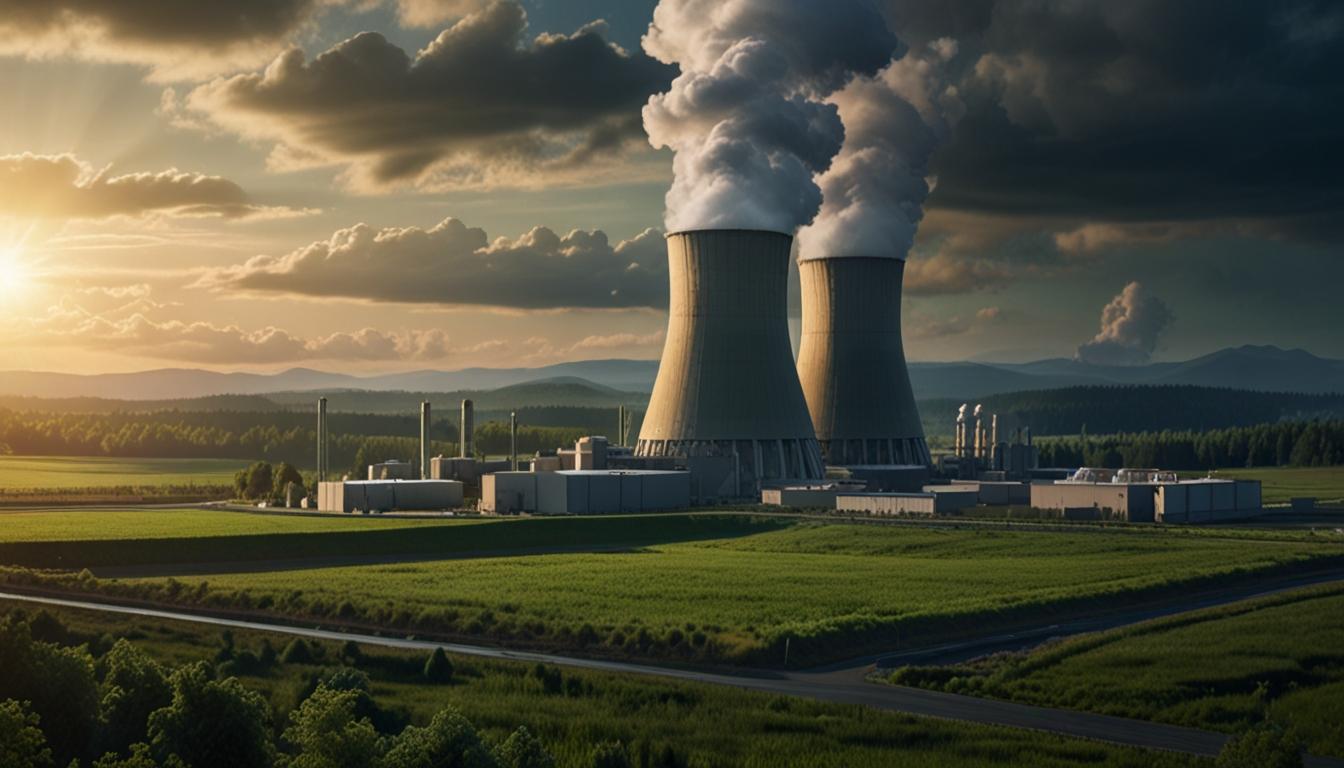In a significant move to revitalize the U.S. nuclear industry, Congress passed the Advance Act, a bill aimed at simplifying regulations and accelerating the development of nuclear technology. This legislation received bipartisan support, passing with the backing of President Biden and 88 senators. No Republican voted against it.
The Advance Act’s primary objective is to tackle the challenges facing the U.S. nuclear sector, which has seen a decline in operations. With most commercial reactors averaging 42 years of age, and many near or past their retirement age, the need for new developments is pressing. The recent activation of a new reactor at Plant Vogtle in Georgia—the first in over three decades—highlighted the slow progress beset by delays and rising costs.
The bill seeks to enhance the Nuclear Regulatory Commission (NRC) workforce and streamline its permitting process. It aims to reduce fees for companies, expedite the licensing of nuclear plants at retired fossil fuel sites, and fast-track the approval process for pre-reviewed reactor designs. This could potentially save on construction costs and revitalize former coal-fired power plant communities.
While the Advance Act introduces several measures to support the nuclear industry, the future depends significantly on the development and commercialization of advanced nuclear technology. Although past projects like the NuScale reactor in Idaho faced cancellations due to cost overruns, the act encourages continued innovation and international competitiveness in nuclear technology.




